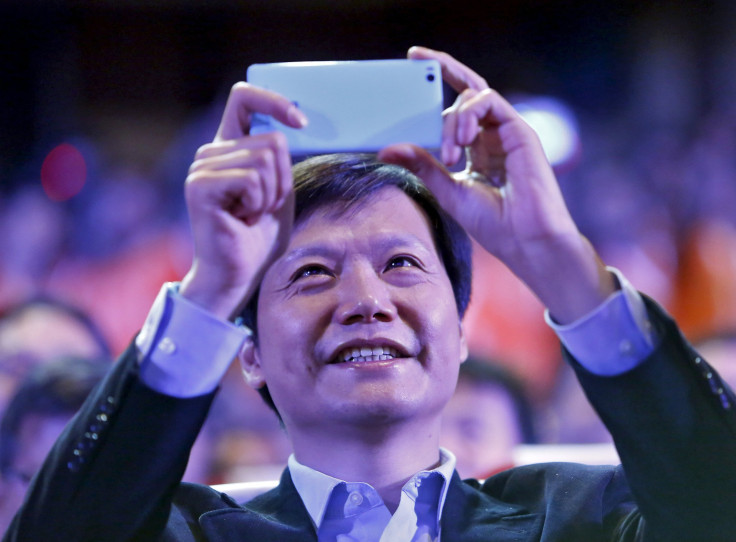Xiaomi Misses Sales Target, Sells 70 Million Smartphones In 2015

Xiaomi, the Chinese internet company which is among the world's top smartphone manufacturers, has revealed that it has shipped more than 70 million smartphones in 2015 to consumers, up from 61 million in 2014.
While the figure represents an almost 15 percent increase year-on-year -- above the industry growth of 12 percent -- it falls some way short of the company's own estimate of 80 million, a figure which was revised down in July from an initial prediction of 100 million smartphone sales. The reason for the lower figure is down to its core market in China becoming saturated and increased competition in other markets from other Chinese smartphone makers.
At its annual meeting on Friday the company pointed out that the overall smartphone market in China that shrunk in 2015 yet it had increased its shipments, adding that according to its figures "this puts us as the top smartphone manufacturer in China in terms of market share for the year of 2015."
Twelve months ago, Xiaomi was seen as the world's most valuable startup, having raised $1.1 billion at a valuation of $45 billion, but many are now seeing this as an overvaluation. "Xiaomi is struggling to justify its valuation; in fact there have been signs for a long time that their valuation was unrealistic all along," analyst Ben Thompson said in a research note this week.
Xiaomi is unique among the world's top smartphone makers in that it sells its products in a very limited number of countries with China being its most important market. Xiaomi is, however, expected to expand the number of countries it sells its smartphones in this year with some predicting a move into the U.S. market as well as Latin America and Eastern Europe.
One of the biggest challenges facing Xiaomi is moving from selling phones in Asia and South America to more developed markets is that it may face patent litigation in countries with more robust IP laws. In India, which is Xiaomi's second-biggest market, the company has already seen its phones banned from sale after Ericsson claimed it was infringing one of its patents. In December, the company signed a global licensing deal with U.S. chip maker Qualcomm, which will help any expansion into the U.S. market.
In the third quarter of 2015, Xiaomi was the world's fifth-biggest smartphone manufacturer. In China, however, it has lost the No. 1 spot to Huawei, while in India in the third quarter of 2015, it saw a drop in shipments of 46 percent year-on-year, according to figures from CounterPoint Research, at a time when the overall Indian market grew by 20 percent.
While Xiaomi's smartphones account for 90 percent of its revenues, the company is attempting to create an eco-system of products and services that are controlled by the smartphone in a bid to lessen its reliance on sales of smartphones though, to date, this has yet to prove viable.
© Copyright IBTimes 2025. All rights reserved.





















